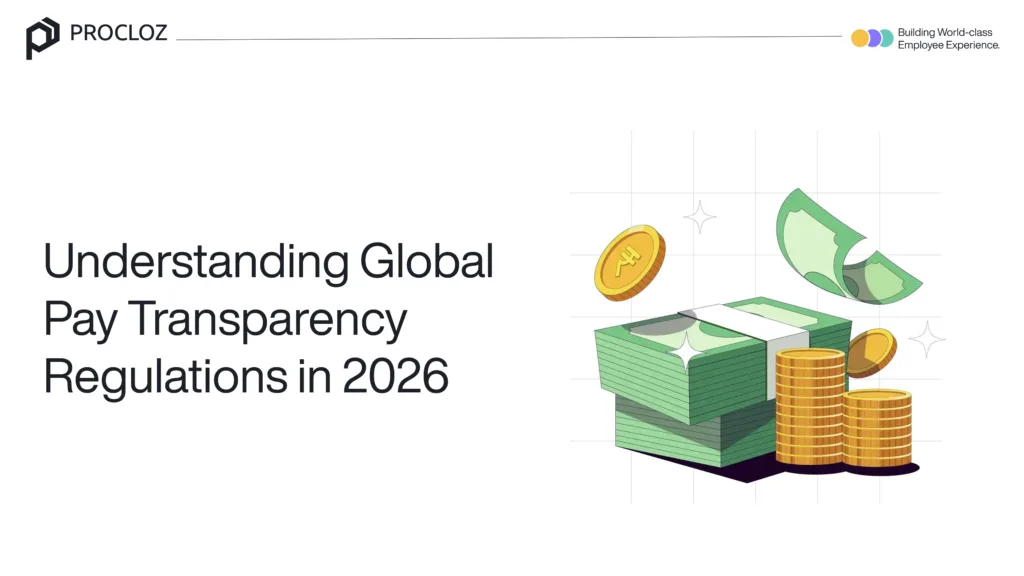The frequency of payroll reconciliation has direct legal liability exposure to US employers. With all the recent enforcement trends, some danger exists with quarterly payroll reconciliation practices that leave dangerous gaps, which the regulators equate to “willful ignorance”, which is important for criminal vs. civil violations.
The Criminal Liability Threshold: When Negligence Becomes Intent
The DOL’s enforcement guidance states that employers must exercise “reasonable diligence” in complying with wage and hour laws, and reconciliation frequency is a key indicator of this.
Indicators that make the government think that you are deliberately ignoring payroll issues:
- It takes more than a month to find mistakes.
- The same errors are occurring repeatedly across multiple paychecks.
- No written accuracy for checking payroll accuracy.
- No corrective action plan for fixing errors.
Checking your payroll regularly is now more about protecting yourself from legal consequences. Companies that still check their payroll every quarter are more likely to face criminal charges when mistakes are found.
The Statistical Reality: Audit Rates and Penalty Exposure
Department of Labor audit data shows which companies get in trouble for payroll violations. One in five payrolls have errors, according to Ernst & Young research, and 53% of organisations have been fined for payroll compliance breaches in the last five years.
In contrast, companies that only check their payroll once in 3 months get caught breaking the rules way more often. And when they do, the penalties are massive because small mistakes have grown into huge problems.
Wage theft affects millions of workers, according to Bureau of Labor Statistics figures that show that 2.4 million employees are suffering wage and hour violations every year, resulting in $8 billion in lost wages. Firms with low reconciliation appear to contribute disproportionately to these breaches.
Real-Time Accuracy: Preventing Compounding Violations
When you follow monthly payroll reconciliation, you catch repeating mistakes before they turn into a massive problem. Small errors add up and multiply fast when ignored, and you can end up owing more than you think.
The most common types of payroll mistakes that get worse over time:
- Calculating incorrect overtime pay rates affects a lot of workers.
- Making errors in benefits enrollment.
- Putting employees in the wrong tax categories.
- Getting retirement contributions wrong for overseas workers.
A $500 error can cost you a penalty upto $50000 in just 3 months, as small payroll mistakes grow into huge problems fast. Checking payroll monthly stops this outbreak from happening and also shows the Government that you’re trying to do the right thing.
Criminal Defense Requirements: Due Diligence Documentation
Federal enforcement agencies require proof that you tried to pay employees correctly. If you get accused of wage violations, having a monthly payroll reconciliation can be the evidence for you to stay out of jail.
Essential paperwork elements:
- Written steps for checking payroll and the proof that someone did it.
- Written rules for what to do when you find mistakes.
- Reports that show the difference between what you expected versus what happened.
- Records showing how fast you fix the problem.
Courts are now looking at how often you check payroll to decide whether you are a good company or a bad one. Doing payroll reconciliation monthly makes you look attentive towards wage accuracy, whereas scheduling reconciliation quarterly suggests that your compliance methods are reactive rather than proactive.
30-Day Error Detection: The Compliance Safety Net
Most site managers don’t know about it, but the government has established a crucial 30-day window for discovering payroll errors. Companies that turn themselves in during this period will have the penalties reduced to one-third (with rare exceptions) and virtually no criminal proceedings. Exceed the thirty days? Expect full penalties and perfunctory criminal charge review.
At the root of the problem lies that reconciliation activity is used on a three-month cycle. With this count, it always misses compliance requirements by two months. You are disqualifying your legal protections before the problems start. Monthly Payroll Reconciliation effectively converts this liability into your strongest asset and unveils a built-in safety net while subtly proving proactive compliance to federal investigators.
Executive Protection Protocols: Shielding Leadership from Liability
Monthly payroll reconciliation gives company executives written proof that they were actually checking payroll properly. This paperwork can save executives from personal legal trouble when the regulatory investigators come to examine whether or not the wage problems are being supervised properly.
Executive protection elements:
- Executives personally sign reports every month proving that they looked at the payroll.
- Written rules for when and how the problems get reported to top executives.
- Written records of executive meetings where they discussed payroll compliance.
- Written proof that executives personally approved fixes for payroll problems.
Having these written procedures proves that the executives were watching payroll problems actively instead of deliberately ignoring them. This paperwork can keep executives out of jail when they get personally charged with crimes.
The Strategic Compliance Advantage
Monthly payroll reconciliation changes you from someone who deals with problems after they occur to someone who prevents problems before they start. Companies that do payroll reconciliation regularly fall into trouble less often, pay smaller fines, and have better excuses in court.
Scheduling monthly payroll reconciliation costs less money than getting hit with one huge penalty. So it’s not just something you have to do to follow the law; it’s also a smart way to save your money.
Protect Your Business with Professional Payroll Management
Stop putting your company at risk by only checking payroll every 3 months. Procloz helps you handle payroll reconciliation properly using technology and local experts, which keeps your company and executives out of legal trouble.
Procloz’s tailored employer of record services include built-in risk protocols, and our full payroll services guarantee accuracy on wages as well as local compliance. Paired with our comprehensive global payroll services, Procloz provides the structured compliance control and expert payroll management that the US authorities will require from conscientious employers.
Visit Procloz now to learn how our professionals can help remove liability exposure and give you the compliance protection your business needs.




